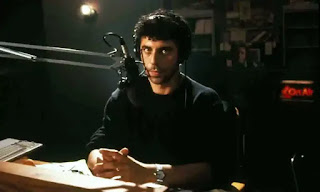Trump Annex
Office of The President of the United States of America.
1600 Pennsylvania Ave NW, Washington, DC 20500, USA
Dear God,
First of all, Happy New Year. A very big New Year. Probably the biggest you’ve ever seen. You’re welcome.
I’ve been told by many people—tremendous people—that you’re the King of Kings. Some say you created the heavens and the earth in six days. Very impressive work ethic. Very strong numbers. Honestly, my contractors could never. Maybe next time you want to do a universe, call me. We’ll put our names on a few galaxies. The Trump-God Nebula—people will love it, they’ll say they’ve never seen stars shine so bright.
Now, about this past year. I don’t want to say you could have managed it better, but there were some disasters, some fake news, some very unfair polls. A lot of people are saying your approval rating is slipping. If you need someone to handle your PR, I know a guy. Well, I know me. We’ll fix your image—very fast, very easy.
For the New Year, I’m asking for just a few small things: good health, a third term, huge wins, and that my enemies continue to be confused, exposed, and, ideally, retired, or jailed—peacefully, of course. Also, maybe turn down the volume on hurricanes and pandemics. People are tired. They want rallies, they want ballrooms.
If you could also keep my hair looking good, that would be fantastic. A true modern miracle. People touch it, and they can’t believe it. You did tremendous work there.
Anyway, keep up the good work up there. You’re doing an amazing job—though there’s always room for improvement, believe me. Maybe think about term limits for mosquitoes, but not PRESIDENTS!!!!.
Anyway, Happy New Year, God. Let’s make it great again—maybe the greatest year in the history of years. You handle the miracles, I’ll handle the branding.
Sincerely,
Donald J. Trump
President of the United States of America and Venezuela and Greenland---but wait, there’s more!!!.










